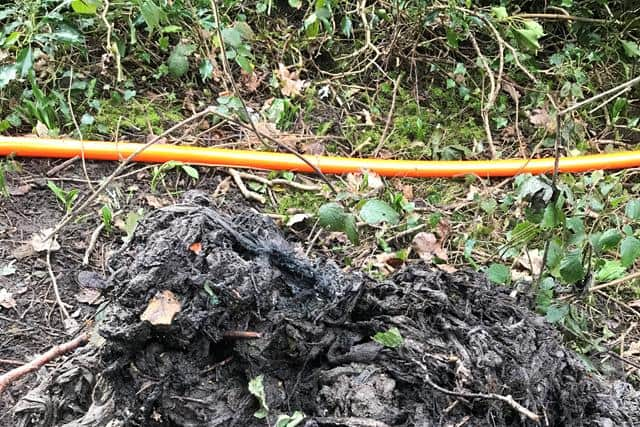This is how many sewer blockages were found in Sheffield last year
and live on Freeview channel 276
Yorkshire Water removed almost 6,000 blockages from the sewer network in areas with a Sheffield postcode.
The utility company is now urging its customers to only flush the 3Ps – pee, poo and (toilet) paper down the toilet to reduce the likelihood of blockages.
Advertisement
Hide AdAdvertisement
Hide AdWet wipes, fats, oils and greases, sanitary products, nappies, construction materials and foreign objects all contributed to blockages across Yorkshire in 2021.


In total, Yorkshire Water removed 26,790 blockages in the region, with 5,917 of those attributed to locations with an ‘S’ postcode.
Lee Pinder, regional operations manager at Yorkshire Water, said: “Our teams are out and about in our region removing blockages every day. 44 per cent of these blockages are caused by wet wipes, which people incorrectly flush down their toilets.
“The vast majority of wipes contain plastic and do not breakdown in the sewer network like toilet paper. We would urge people across Yorkshire, but particularly those in Sheffield postcode areas where we attended 5,917 blockages, to consider what they are flushing down their toilets and pouring down their sinks to try and reduce the number of blockages in the network.
Advertisement
Hide AdAdvertisement
Hide Ad“Wipes, fats and other unflushables can reduce the flow of the sewer network and result in customers being unable to use their toilets, sewage entering homes, escaping the network into the local environment or in the worst cases causing pollution of Yorkshire’s watercourses.
“We spend millions of pounds every year resolving blockages caused by incorrect disposal of items into the network so we would encourage people to bin wipes, fats and other unflushables to reduce blockages where they can.”